The Universidad Nacional Autonoma de Mexico (UNAM, www.unam.mx) is Mexico's preeminent public higher-education center. UNAM is among the highest-ranking Spanish-speaking, and Latin American, universities. The Institute of Biology is a research center on the main campus of UNAM in Mexico City, with the missions to discover, describe and systematically document biota; to conduct scientific research about its evolutionary origin and maintenance, composition, relationships, distribution and interactions; and to conserve and develop sustainable use for the wellbeing of society and the planet. The Institute of Biology houses the National Biological Collections of Mexico, including ten zoological collections, and the National Herbarium. The faculty at the Institute of Biology has a long tradition, expertise and leadership in taxonomic and systematic research on various groups of plants, animals, and fungi; their composition, distribution, and traditional uses in Mexico. In recent decades, phylogenetic estimation of relationships among organisms, including the generation and use of genomic data, has proliferated. Nevertheless, research about higher-level evolutionary patterns and processes that underlie and determine the different dimensions of diversity and distribution of biota, that transversally integrate different types of organisms, are few and incipient.
The Institute of Biology aims to promote research about higher-level evolutionary patterns and processes that cause and determine biodiversity, and invites applications for one tenure-track full-time position as Research Scientist in Integrative Biology (equivalent to Investigador/a Asociado/a C) with emphasis in botany. This full-time position will be assigned to the recently created Unit for Synthesis in Systematics and Evolution (UniSSE).
CANDIDATE’S PROFILE
We seek candidates capable to propose and develop integrative research lines about patterns and processes that cause and determine different dimensions of plant biodiversity. Candidates with research interests based on analyzing and synthesizing data from biological collections, biotic inventories, and/or cybernetic databases, and whose research proposes transversal approaches among different types of organisms, and the link between taxonomic and inventory research with their macroevolutionary context, are encouraged to apply.
Ideal candidates should have:
1. The ability to integrate key concepts among several of the following disciplines: systematics, comparative phylogenetics, biogeography, evolution, or similar lines within and among different groups of organisms, with a focus on plants.
2. The ability to propose and develop integrative research on evolutionary patterns and processes that underlie biodiversity,
a. preferably including the use of data from biological collections, biotic inventories and/or biodiversity databases at a global level;
b. preferably encouraging transversal interactions with and among specialists in taxonomy and systematics of different types of organisms;
c. fostering students in this line of research through direct mentorship and teaching.
3. Experience in methods for handling large volumes of biological (e.g., biological collections, genetic/genomic, morphological, ecological), environmental, and/or geographical data to address questions about the evolutionary processes underlying different dimensions of biodiversity.
4. The ability to analyze different types of information (e.g., phylogenetic, biotic, environmental, geographic), and temporal and spatial scales.
5. The ability to interact with specialists on different taxonomic groups and fields within Biology.
6. The ability to mentor students in emerging research topics.
REQUIREMENTS
1. Doctorate or Ph.D. degree in science.
2. Professional experience of at least five years (including graduate education) in integrative research on evolutionary patterns and processes underlying plant biodiversity.
3. Preferably with postdoctoral experience.
4. Authorship of research articles on the topic of the position.
5. Because the position is sponsored by UNAM’s Subprograma de Incorporacion de Jovenes Academicos de Carrera (SIJA), female candidates should be no older than 39 years old, and male candidates should not be older than 37 years old at the time of hiring approval by the Technical Council of Scientific Research.
6. Non-native speakers must be fluent in the Spanish language.
APPLICATIONS AND SUPPORTING DOCUMENTS
To apply, please send the following documents to sacademica@ib.unam.mx , with a copy (Cc:) to secacad_vl@ib.unam.mx.
1. Curriculum vitae (CV), including academic degrees and publication history.
2. Description of research conducted during at least the last 3 years (maximum 2 pages).
3. Research proposal to be developed in three years (in the context of a longer research plan), to investigate the underlying causes of one or several dimensions of plant biodiversity (e.g., morphological, phylogenetic, geographic, ecological); in one or several of the following areas: origin, evolution, diversification; using data from biological collections and/or biodiversity databases; applying methodologies and analytical approaches that represent the state of the art in biodiversity science (maximum 15 pages; see Keywords).
4. Cover letter addressed to the Director, Prof. Susana Magallón, stating the motives and interest in developing an academic career at the Institute of Biology, UNAM (maximum 2 pages).
1. Shortlisted candidates should provide recommendation letters of at least two persons who can provide academic references.
DEADLINE
Applications, accompanied by supporting documents, will be received from January 6th, 2025 until the close of this call, which will be on March 3rd, 2025 at 6:00 p.m. (Mexico City time). Short-listed candidates will be contacted for a personal interview, and for an academic seminar in the Institute of Biology.
CONTACT
For any questions regarding this announcement, please contact the Office of Academic Affairs of the Institute of Biology at sacademica@ib.unam.mx and/or secacad_vl@ib.unam.mx.
Keywords: Phylogenetics; Comparative phylogenetics; Phylogenomics; Neotropical Biota, Nearctic Biota, Transition Zone (e.g., comparisons between Nearctic and Neotropical Biota, and with the biota of different parts of the world); Evolutionary history; Biogeographic history; Diversity and disparity (e.g., phylogenetic, morphological, functional); Phylogenetic diversity; Diversification (e.g., diversification rates, differential diversification among clades, biomes, or regions); Speciation; Radiation; Extinction (e.g., extinction types, extinction risk); Endemism (e.g., paleo-endemism, neo-endemism, phylogenetic diversity endemism); Hotspots; Historical environmental change; Collecting efforts (taxonomic, geographic, by biome); Biodiversity data mining; Collections-based research
